8 historical horror films that prove history can be intimidating
Categories: Cinema | Entertainment | People | Society | Tragedy | World
By Vika https://pictolic.com/article/8-historical-horror-films-that-prove-history-can-be-intimidating.htmlThe story can be difficult to bring to life. Ironically, many of the films on this list accomplish this task with the help of the undead. Horror films are always scarier when you consider the cultural context that viewers can relate to, and these releases terrify certain times and places in history.
Historical horror films combine authentic details of the past with the myths and monsters of folklore. By setting fictional narratives alongside the realistic portrayals of real events from the past, these films have multilevel referential meaning. Just as the elements of action are played out in the historical content of the epics, these films contain classic horror monsters integrated into the events described in the history books.
8 PHOTOS
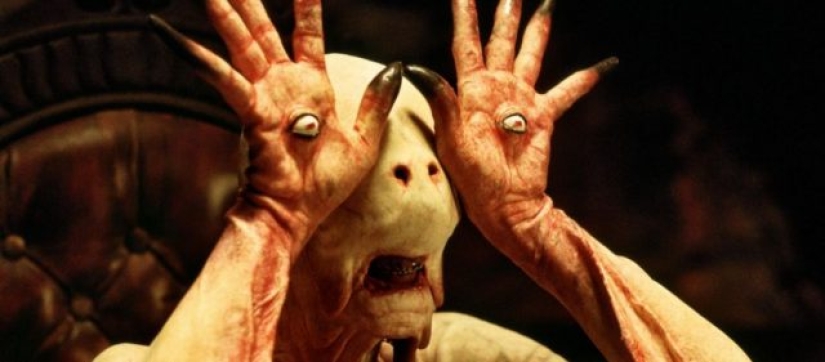
1. Faun's labyrinth.
As in his earlier film, The Devil's Ridge, Guillermo del Toro balances the real-life horrors of historical events with a fantasy horror story, complemented by unique creature designs. When a 10-year-old girl named Ophelia (Ivana Bakero) witnesses the brutal actions committed by her new warlord stepfather (Sergi Lopez) against the Republican rebels, she discovers parallels in the fantasy world of an ancient stone labyrinth containing faunas a creature. Just like in "Devil's Ridge", the protagonist of "Pan's Labyrinth" is drawn into the battle between the rebels and the current regime, and elements of horror fantasy help her get rid of this conflict.
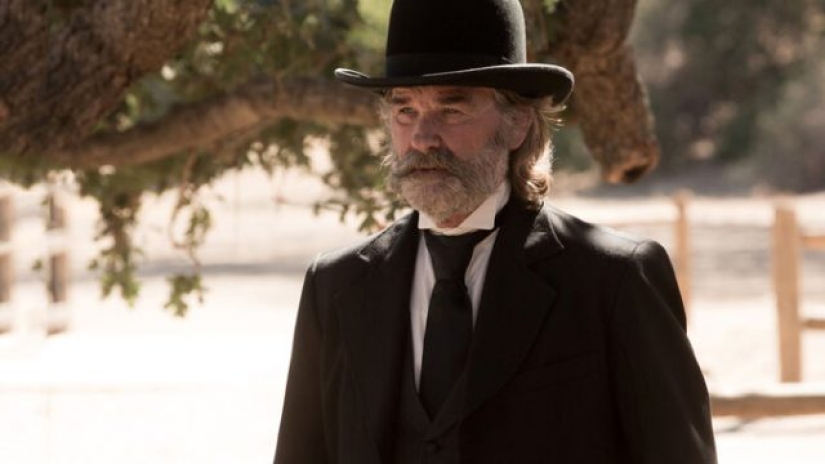
2. Bone tomahawk.
While acknowledging the connection to classic westerns such as The Seekers, Peter Bradshaw argues that Bone Tomahawk is "a scarier movie than equestrian opera." When they track down the guilty Native Americans, the squad discovers that they belong to a tribe of inbred cannibals called the Troglodytes. Not only are their cultural practices terrible, but the tribe appears to have acquired superhuman strength by eating human flesh. What starts out as a typical western quickly turns to horror as the troglodytes take over the squad.
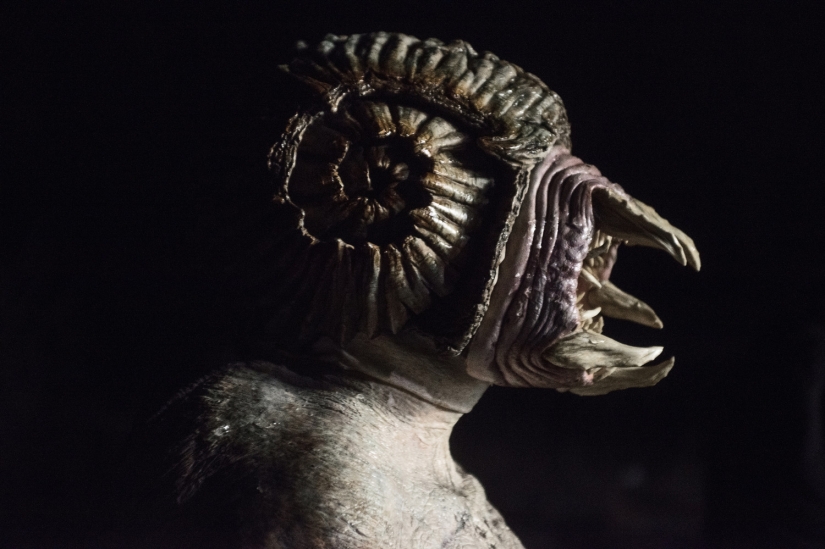
3. The devil's backbone.
The horror in The Devil's Backbone is inherently subtle, at least in terms of the film's supernatural elements. Director Guillermo del Toro presents the horrors of war much more openly than the supernatural elements throughout most of the film, with an inert bomb dropped by nationalists in the orphanage's courtyard as a constant reminder. The film tells the story of a young orphan, Carlos (Fernando Tilva), who ends up in an orphanage after his father was killed in a conflict. While exploring the orphanage at night, Carlos encounters the spirit of a boy roaming its territory. The ghost story in Devil's Ridge is reminiscent of many films released in the United States during this period, including The Sixth Sense (1999) and The Others (2001), in that living characters are more to be feared than dead ones. Although the image of the young spirit at first scares Carlos, he soon discovers that the real danger lies in the latent conflict between nationalists and loyalist Republicans working side by side at the orphanage.

4. Brotherhood of the wolf.
Many historians now believe that the attacks associated with the Beast of Gevodan were caused by wolves, a bear, or even a lion, but the Brotherhood of the Wolf initially embraces a gruesome fantasy of a large creature before joining one of these historical theories. This beast comes to life on screen with a combination of CGI and puppet theater/animatronics designed by Jim Henson's creature store.
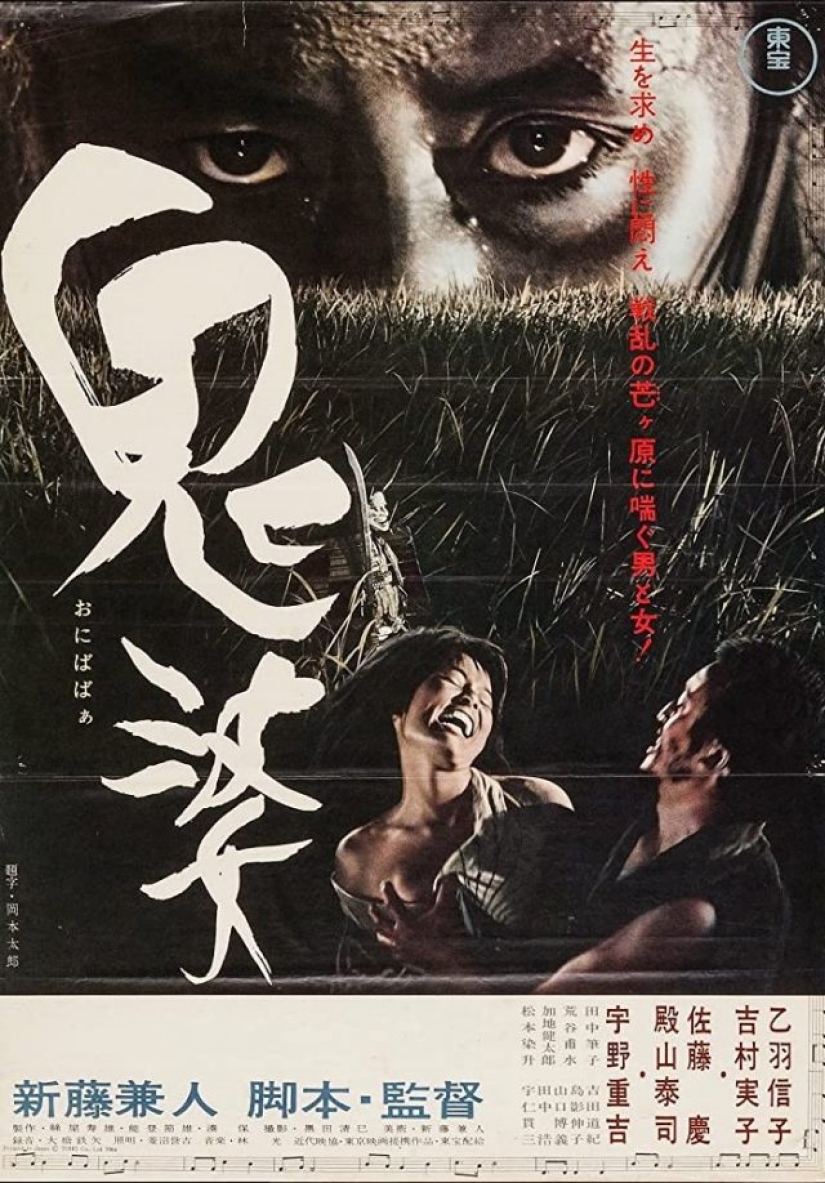
5. Demon woman.
An unnamed elderly woman (Nobuko Otova) and her young daughter-in-law (Jitsuko Yoshimura) cash in on the fleeing soldiers, killing them and selling their armor and weapons, making ends meet while they wait for their son/husband to return home from the war. When a neighbor named Hachi (Kei Sato) returns to the village after deserting, he is caught between two women and their efforts to kill soldiers after seducing the youngest of the couple. Onibaba, which translates to "demonic witch" or "demon woman," is a jealous woman from myths who can often be seen wearing a hannya mask when portrayed in traditional theater. The relevance of the name becomes apparent when, in an attempt to scare off her daughter-in-law from temptation, an elderly woman puts on the Hannya mantle and mask taken from the samurai she sent.
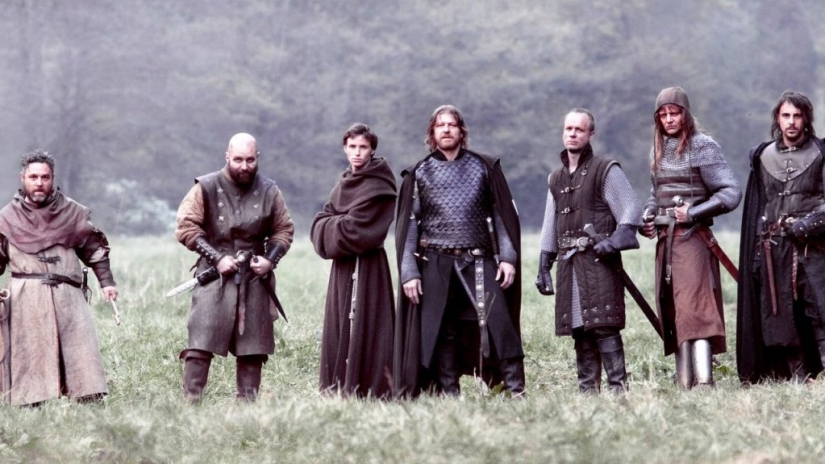
6. Black Death.
Osmund initially believes that the expedition is designed to discover what saved the village from the plague's destruction, he eventually learns that the necromancer is believed to be in control of the village, using the dark arts to contain the disease. A group of soldiers has a plan to capture the sorcerer and transport him back to the bishop for trial and execution. These plans are thwarted by obstacles on the way, including the constant threat of infection and the inevitable horrors that await them in a remote village.
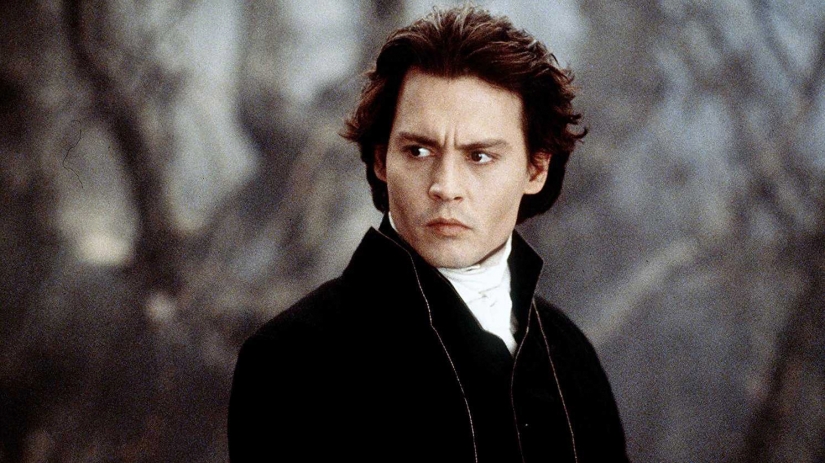
7. Sleepy Hollow.
Despite the efforts of New York City Police Constable Ichaboda Crane (Johnny Depp) to prove a scientific explanation for the series of gruesome deaths attributed to the Headless Horseman (Christopher Walken), supernatural causes are ultimately revealed as an answer to the mystery. In addition to portraying the ghost of the American Revolution, Sleepy Hollow shows the early development of forensic medicine through Crane's investigative efforts.
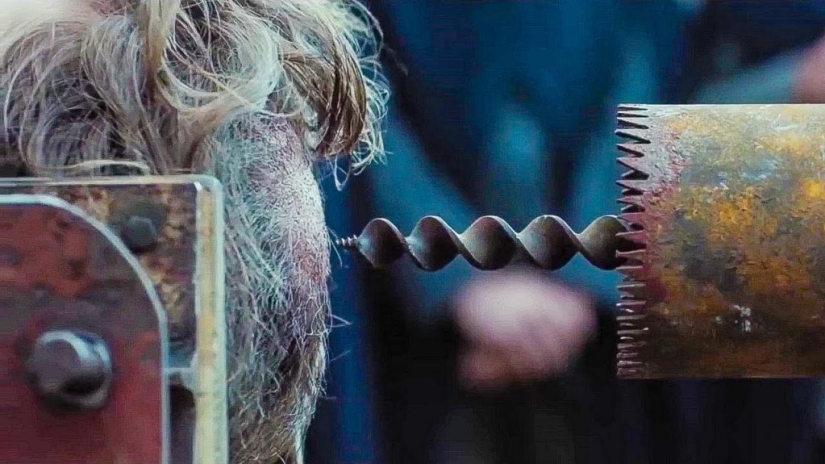
8. Apostle.
Upon arriving on the island, Richardson is told that the land remains fertile due to the constant influx of animals to sacrifice. The cult has imprisoned a witch-like deity that feeds on blood for wildlife to grow. Typically, the cult also performs a series of vicious rituals to "purge" the villagers who threaten the community. The sequences containing these rituals can easily be described as historical torture.
Keywords: History | Horror films | Cinema | Movies | Terrible | Tragedy | Cinematography
Post News ArticleRecent articles

In the fall of 1972, Bill Yates traveled through the countryside in the vicinity of Tampa, Florida. At that time, he was studying ...

Severe cold weather does not give up its positions. We offer you to admire the magical photos of winter Europe, because snow and ...
Related articles

In the fall of 1972, Bill Yates traveled through the countryside in the vicinity of Tampa, Florida. At that time, he was studying ...

When a person is in a life-threatening situation is awful, but even worse when it happens to a child. 11-year-old American Terry ...

Remember how broke the "unbreakable" scoop? The photo preserved in the photo album of almost every family! A selection of vintage ...

Vladimir Lyubarov is an artist from the countryside who paints pictures of real life. But he brings amazing characters, birds, and ...